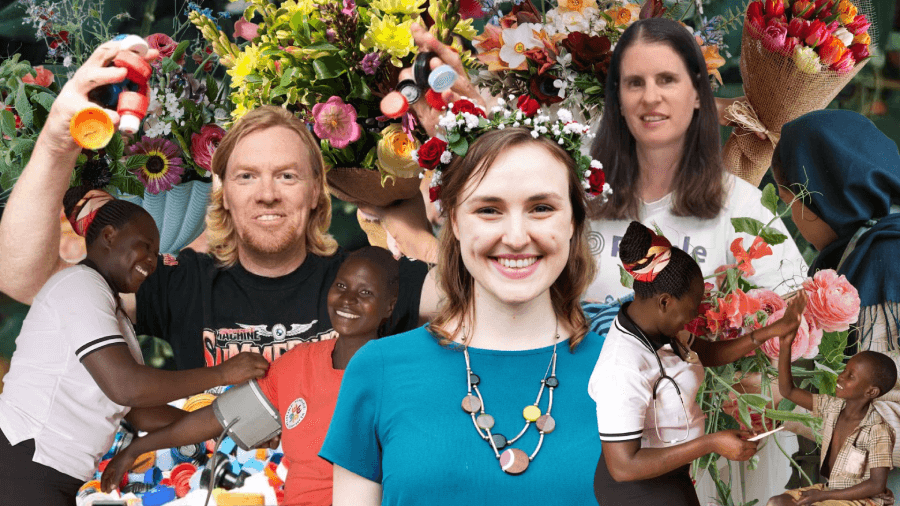

Explore the latest insights on social enterprise, including funding, innovation, impact measurement, and more.
Categories
Latest Posts
Stay in the Loop
Subscribe to our newsletter for the latest updates, exclusive content, and special offers—straight to your inbox.
© Copyright 2025 | SocialGoodStuff | All rights reserved
